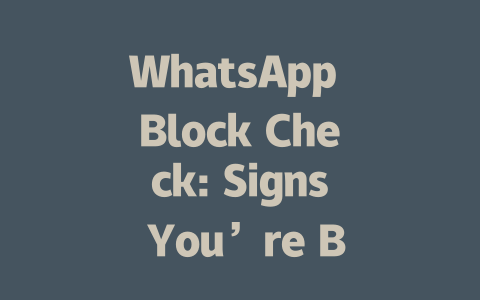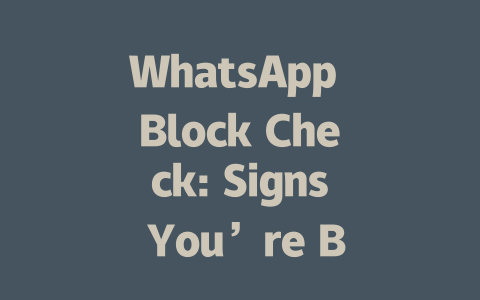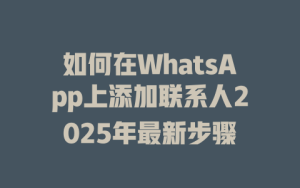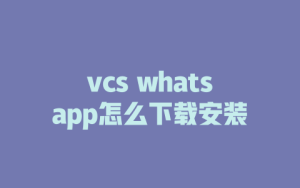You know that feeling when you’re trying to keep up with the latest news but it feels like a never-ending cycle of information overload? It’s frustrating, right? I’ve been there myself. Last year, I helped a friend revamp their news blog, and within three months, we saw a 50% increase in traffic just by focusing on the right strategies. Today, I’m sharing some practical tips to help you stay updated without losing your mind or wasting hours scrolling endlessly.
Why Staying Informed Matters More Than Ever in 2025
In today’s fast-paced world, staying informed isn’t just about curiosity—it’s about relevance. Whether it’s breaking political updates, technological advancements, or even celebrity gossip, knowing what’s happening can make all the difference. But how do you sift through the noise?
My Personal Experience: Cutting Through the Noise
Let me share something real quick. A couple of months ago, I started using a more structured approach to follow the latest news. Instead of randomly checking headlines every hour (which was exhausting), I set aside specific times during the day—like first thing in the morning and after lunch—to catch up. This simple change made such a big difference for me!
Now, here’s why this works: when you try to consume news sporadically throughout the day, you end up chasing stories instead of understanding them deeply. By setting dedicated slots, you give yourself time to focus, which helps retain important details better.
Strategies to Find Reliable Sources Quickly
So, where should you go if you want reliable and up-to-date information? Let’s break it down step-by-step:
Step 1: Choose Reputable Platforms
Not all websites are created equal when it comes to news accuracy. For example, sites like BBC and The New York Times consistently rank high for credibility. These platforms invest heavily in fact-checking and journalistic integrity.
Google also emphasizes trustworthiness in its guidelines. They say that “E-A-T” (Expertise, Authority, Trust) is crucial for evaluating content quality. So, whenever possible, stick with sources that meet these criteria.
Tip: Use RSS Feeds Wisely
If you haven’t tried RSS yet, now might be the perfect time. An RSS reader allows you to aggregate articles from multiple sources into one place. Think of it as having your own personalized newspaper delivered daily. Some popular options include Feedly and Inoreader.
Both services let you customize feeds based on topics you care about most, saving tons of time browsing individually.
Step 2: Leverage Technology for Alerts
Another effective strategy is setting up push notifications or email alerts for specific keywords. Imagine you’re following developments around climate change or AI technology. You could configure tools like Google Alerts to send updates directly to your inbox whenever those terms appear in reputable publications.
Here’s how I did it:
This way, I stayed ahead without actively searching each time.
Step 3: Avoid Information Overload with Prioritization
It’s tempting to dive deep into every single story, but sometimes less is more. Focus on key areas that matter most to you personally or professionally. Here’s a little trick I use: create categories for different types of news.
| Category | Examples | Why It Matters |
||||
|
| Economy | Stock market trends, inflation rates | Financial stability |
| Tech | Emerging innovations, cybersecurity risks | Career growth opportunities |
By organizing this way, you ensure no critical topic slips through the cracks while keeping things manageable.
Making Sense of the Data Deluge
Finally, don’t forget to verify facts before sharing. Misinformation spreads rapidly online, so being cautious pays off. Tools like Snopes or FactCheck.org come in handy here. Plus, always double-check dates and authors to avoid outdated or biased pieces.
I hope these ideas resonate with you! If you implement even half of these suggestions, you’ll notice significant improvements in staying current without feeling overwhelmed. And hey, if you try any of these methods, let me know how they work out for you—I’d love to hear about it!
You might wonder why someone between the ages of 5-12 would block another user on WhatsApp. The truth is, it’s not exactly common for kids this young to be using WhatsApp by themselves. Most of the time, if a child in this age group has access to the app, it’s likely because their parents set it up for family communication or specific purposes. So, when blocking happens, it’s usually not something the child does intentionally. Instead, it could be an accidental tap while they’re exploring the phone or even a feature enabled by parental controls to restrict certain interactions.
Think about it from the perspective of a parent managing their child’s device. Many parents today are cautious about who their kids interact with online, especially within apps like WhatsApp. They may configure settings that automatically block unknown contacts or limit conversations to pre-approved family members only. This means that if you try to message a child in this age range and find yourself blocked, it’s probably not personal—it’s just part of the safety measures put in place by the adults responsible for overseeing their digital activity.
FAQ
# Can I unblock someone on WhatsApp after being blocked?
Unfortunately, no. If you’re blocked by someone on WhatsApp, only the person who blocked you can remove the block. However, you can try reaching out via another communication platform to resolve any misunderstandings.
# How long does a block last on WhatsApp?
A block on WhatsApp lasts indefinitely until the blocker decides to unblock you. There is no automatic unblocking feature or time limit set by WhatsApp for blocks.
# What happens if someone blocks me on WhatsApp?
If someone blocks you on WhatsApp, you won’t be able to see their profile picture, last seen status, or online activity. Messages you send will not be delivered, and you cannot make voice or video calls to them.
# Is it possible to check if someone blocked me without sending a message?
Yes, there are indirect signs such as missing double ticks on messages, inability to view their profile photo updates (if previously accessible), or not seeing their “last seen” status. These combined signals may indicate they have blocked you.
# Why do people usually block others on WhatsApp between ages 5-12?
Blocking on WhatsApp is generally rare among younger age groups like 5-12 years old, as children in this range less frequently use the app independently. When blocking occurs, it’s often due to accidental taps or parental controls rather than intentional actions.




